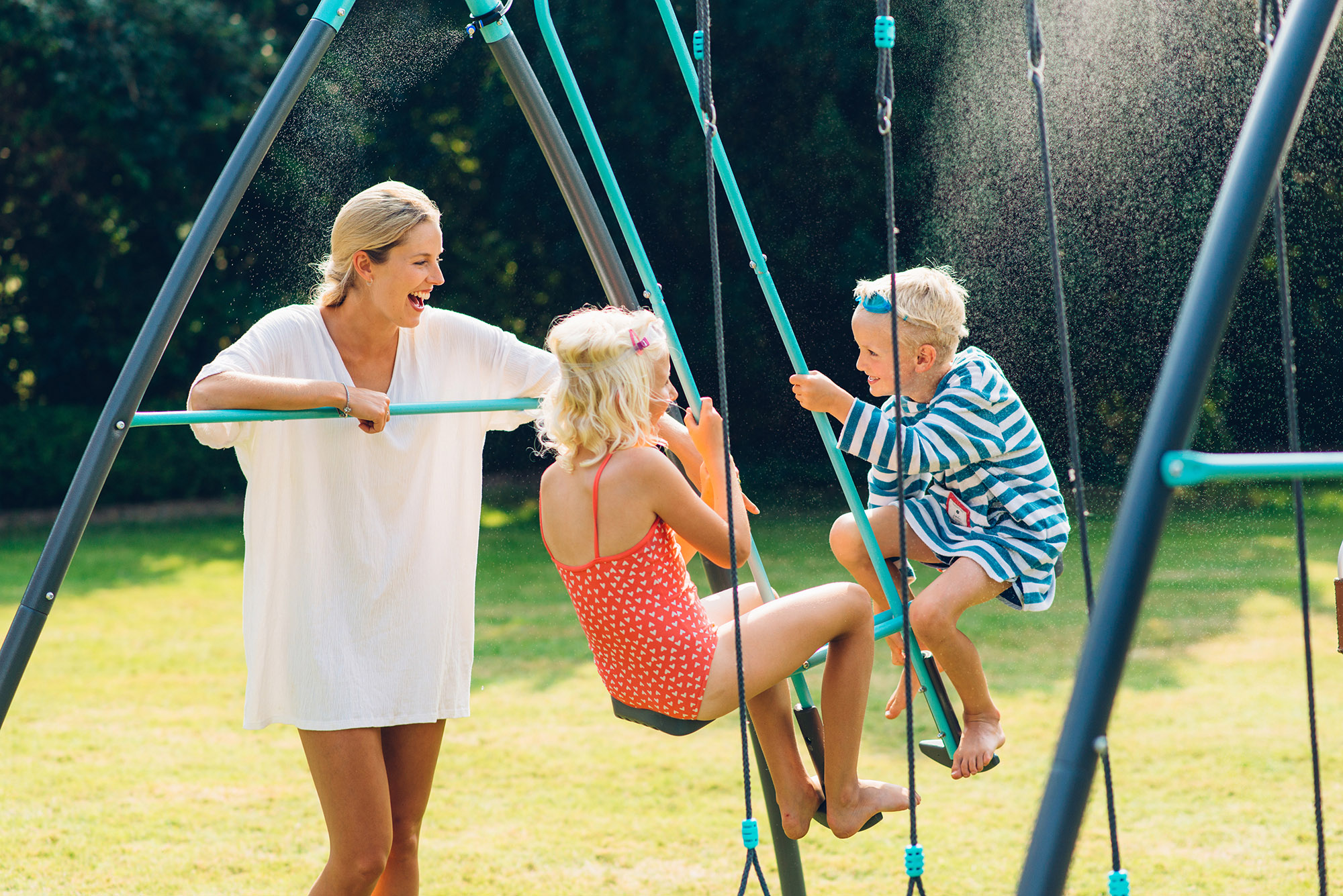Children love to play, it’s in their nature. For children, play is a fun and safe way to explore the world around them. It’s also a way to make friends and form bonds with adults. Children can learn many things from both spontaneous play based learning and set learning experiences. It is important that parents and care givers give children the chance to explore themes and ideas via the concept of play. After all we need to let children be children. If their environment and life I is structured, they will miss out on learning things for themselves.
What is play? How can play be defined? There is no one size fits all when it comes to play, there are many definitions and forms of play. Play can be pleasurable, it can be frustrating and challenging. Play can be peer initiated or adult initiated it can also be active (such as playing outside) or passive (playing quietly with toys). Play can be done in groups, or individually. Whatever your chosen definition is, you can be sure that if a child is playing they are also learning a great deal.
So what do children learn from playing? Playing can help children develop many lifelong skills. Playing is believed to help children with everything from brain development, social development and well as cognitive development. Children’s brains are always developing from birth. We know that secure attachments and stimulation are significant aspects of brain development; play provides active exploration that assists in building and strengthening the brain. Play can be an effective tool in cognitive development. When children play they are using their minds for imagination and their bodies for active play. Play based learning makes children think and create scenarios that they see every day or have been exposed to in the past. It’s a way of processing information that they have seen in their world.
The simple act of playing can help a child express their emotions. One of the greatest benefits of playing is to assist with the development of social competence. The simple act of engaging with others can help to develop life long skills. For example If children are playing a make believe game, they will be drawing on many different skills. One of these skills is language development. By interacting with others and using language to communicate with each other, children are refining there use of language. This is especially beneficial for children whom English is not a first language. By interacting socially, children are expanding their vocabulary as well as learning social cues from other children.
Wellbeing and mindfulness has had a huge impact on society lately. Play based learning is a way for children to enhance their wellbeing and be mindful and present in the moment. Play is a great stress relief for children. Some children find play to be relaxing and a chance to do something that they love. By interacting with others they are learning to solve problems. Children learn about emotions when playing with other children, they will develop emotional intelligence. Children will start to understand other children points of view. If a child has a better understanding of the world around them, they are more likely to be happy and active in life.
How can you encourage play? The most important factor is that children are given the right environment that is set up for play. Children should have access to both indoor and outdoor environments and freedom of choice. Parents and care givers should set aside time each day that gives children the chance to engage in free play. There should be adequate and age appropriate resources and equipment for children to use. This equipment should be freely available and easily accessible for children.
Play is not silly or not important in an early childhood . If children don’t get the chance to experience play then they will miss out on developing many important life and social skills. Adults need to ensure that children are given the opportunity to play in different settings and with different resources. Play should be both planned and spontaneous. The most important factor is that children are happy and engaged leaners during their early childhood years. .
You may also like to read:









